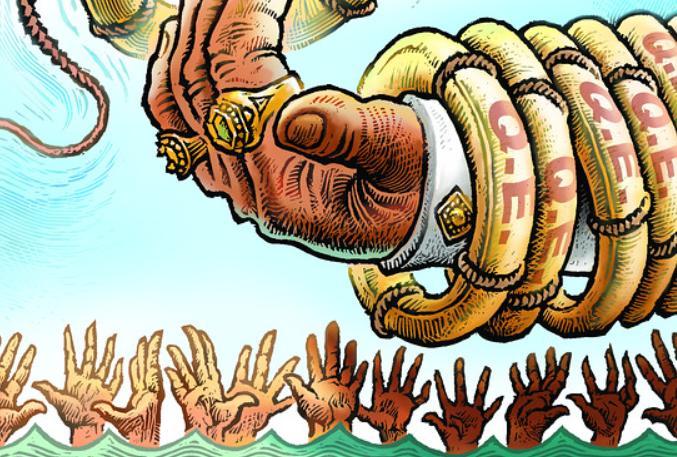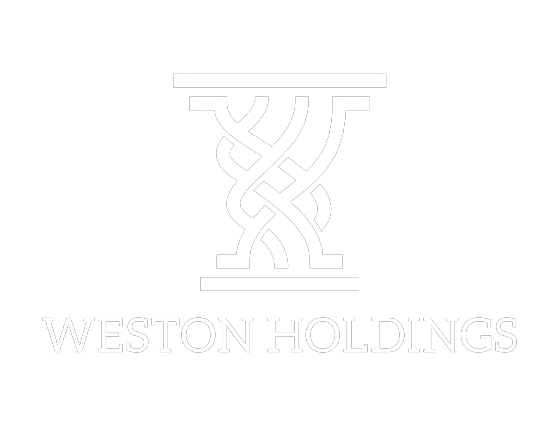Dear valued client,
Markets rose significantly this week with more hope of rate cuts later this year.
Canada’s inflation figures came in at 2.8% in February (compared to 2.9% in January and 3.4% in December), marking its lowest level since June 2023. This deceleration, contrary to market expectations of 3.1%, offers the Bank of Canada more flexibility for potential monetary easing later in the year. Significant factors contributing to the slowdown include reduced costs for cellular services, Internet access services, and groceries, which contributed to a cooling in food prices (3.3% versus 3.9% in January). However, gasoline prices saw an uptick due to increased global crude oil costs amid expected extensions of production cuts and rising bond yields pushed mortgage rates and shelter prices higher.
The Federal Reserve maintained its stance on interest rates this week. Chair Jerome Powell emphasized a cautious approach, stating the need for more data to ensure confidence in inflation reaching the target of 2%. This decision brought about a surge in market optimism, as evidenced by all three major stock indices hitting record highs. Despite concerns over lingering inflationary pressures, Powell and the Federal Reserve remain committed to their projections from December, foreseeing three rate cuts by year-end. Powell’s dismissal of recent inflation data underscores the Fed’s steadfast dedication to gradual inflation mitigation, albeit acknowledging potential hurdles along the way.
The recent passage of the controversial security law, Article 23, by Hong Kong’s legislature has raised significant concerns among foreign companies operating in the region. Hong Kong has long served as a global financial hub, committed to a common-law court system, transparent regulations, and relative political autonomy from Beijing, making it an attractive gateway to China. However, the enactment of Article 23 threatens this status quo, as it builds upon previous national security laws criticized for their use against dissidents. Executives are particularly apprehensive about the law’s provisions regarding espionage and mishandling of state secrets, fearing it may hinder routine business activities such as due diligence intelligence gathering. This development signals a potential shift in Hong Kong’s business climate, aligning it more closely with mainland China’s regulatory environment. Consequently, foreign corporations have begun reassessing their presence in Hong Kong, with some opting to relocate operations to perceived safer alternatives like Singapore, while others are considering ceasing operations in Hong Kong altogether.
Vladimir Putin’s extended tenure as Russia’s president, following a landslide victory in an election labeled as “obviously not free nor fair” by the White House, underscores his firm grip on power. Despite some citizen pushback, notably from supporters of the late opposition leader Alexei Navalny, Putin secured another six-year term, consolidating his authority that has spanned over two decades. With this victory, Putin inches closer to surpassing Stalin as Russia’s longest-serving leader in more than two centuries, further solidifying his dominance in the country’s political landscape.
“The response of anybody interested in liberty is that we all have a say and the ability to have an argument is exactly what liberty is, even though it may never be resolved. In any authoritarian society the possessor of power dictates, and if you try and step outside he will come after you.” – Salman Rushdie
Have a terrific weekend,
PW



